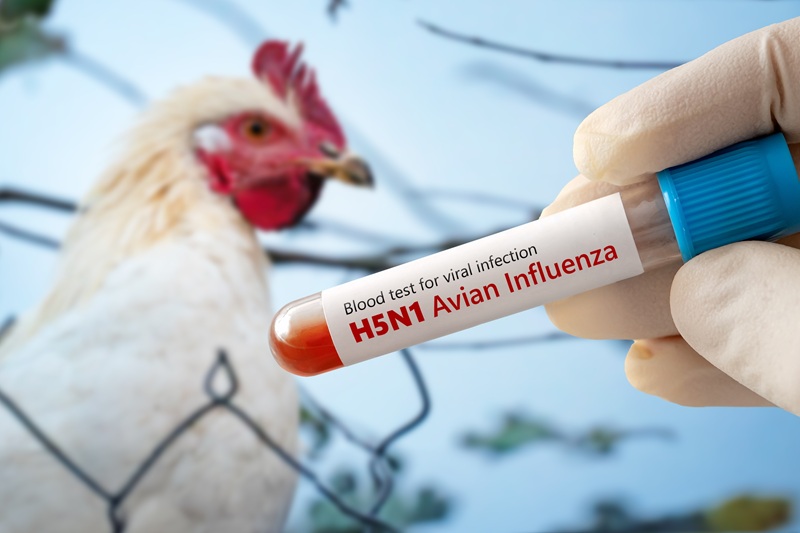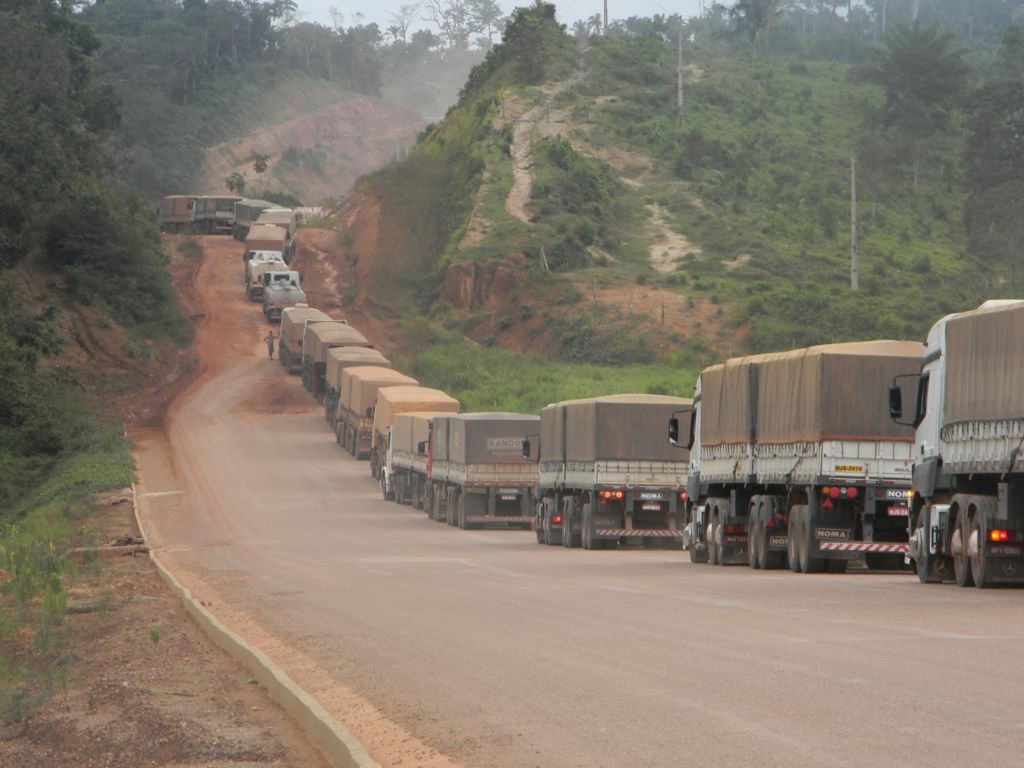
Ministry of Agriculture confirms avian flu ca...
read more

Brazil is the second largest producer and exporter of soyabean which, in turn, is only second to iron ore as the country’s leading export commodity.
The soyabean is typically sowed between September and January and harvested between January and June with exports peaking between the months of March and June.
Nearly 30% of the Brazilian soyabean from last year’s crop was harvested in the Midwest Region of Brazil, mainly in the State of Mato Grosso, followed by the States of Parana and Rio Grande do Sul in the South Region where the sowing season is slightly different to that of the Midwest due to climatic differences between the two regions.
Although the projection is for one quarter of the entire 2016/2017 export crop to be shipped from the Northern Arc ports, the region heavily depends on road transportation and the conditions of the state and federal highways within the producing areas are largely very poor. These conditions further deteriorate during the rainy season in the Amazon that starts around November and may last through May. The rainy season this year is particularly heavy in duration and intensity.
The only way of flowing the soyabean from most of the Mato Grosso producing areas to the barges in the Amazon region – for barging to Santarém and, to a lesser extent, the ports in the mouth of the Amazon River – is through the BR-163, an extensive longitudinal highway linking the State of Rio Grande do Sul in the South of Brazil to the State of Pará in the North. The stretch running from the north of Mato Grosso and across Pará is otherwise known as the ‘Soya Highway’.
Albeit BR-163 is generally good in the southern section, the area north of Mato Grosso and south of the State of Pará is potholed with a stretch of about 190Km within the State of Pará, where the BR-163 runs through the heart of the Amazon rainforest, being essentially a two-way dirty road with little to no basic infrastructure to serve passing travellers and vehicles.
Reports from the Ministry of Transport, Ports and Civil Aviation indicates that about 757 Km of the highway in Pará is asphalt-paved but a 47Km-long stretch, out of the 190Km that remains to be asphalted, is severely damaged by torrential rainfalls causing a huge traffic jam of grain trucks carrying soya (and corn) to the barging transhipment points in the Amazon region.
There are practical measures that vessels and operators can take to cope with the current situation and safeguard the carriers’ interest, such as:
Rua Barão de Cotegipe, 443 - Sala 610 - 96200-290 - Rio Grande/RS - Brazil
Telephone +55 53 3233 1500
proinde.riogrande@proinde.com.br
Rua Itororó, 3 - 3rd floor
11010-071 - Santos, SP - Brazil
Telephone +55 13 4009 9550
proinde@proinde.com.br
Av. Rio Branco, 45 - sala 2402
20090-003 - Rio de Janeiro, RJ - Brazil
Telephone +55 21 2253 6145
proinde.rio@proinde.com.br
Rua Professor Elpidio Pimentel, 320 sala 401 - 29065-060 – Vitoria, ES – Brazil
Telephone: +55 27 3337 1178
proinde.vitoria@proinde.com.br
Rua Miguel Calmon, 19 - sala 702 - 40015-010 – Salvador, BA – Brazil
Telephone: +55 71 3242 3384
proinde.salvador@proinde.com.br
Av. Visconde de Jequitinhonha, 209 - sala 402 - 51021-190 - Recife, PE - Brazil
Telephone +55 81 3328 6414
proinde.recife@proinde.com.br
Rua Osvaldo Cruz, 01, Sala 1408
60125-150 – Fortaleza-CE – Brazil
Telephone +55 85 3099 4068
proinde.fortaleza@proinde.com.br
Tv. Joaquim Furtado, Quadra 314, Lote 01, Sala 206 - 68447-000 – Barcarena, PA – Brazil
Telephone +55 91 99393 4252
proinde.belem@proinde.com.br
Av. Dr. Theomario Pinto da Costa, 811 - sala 204 - 69050-055 - Manaus, AM - Brazil
Telephone +55 92 3307-0653
proinde.manaus@proinde.com.br
Rua dos Azulões, Sala 111 - Edifício Office Tower - 65075-060 - São Luis, MA - Brazil
Telephone +55 98 99101-2939
proinde.belem@proinde.com.br